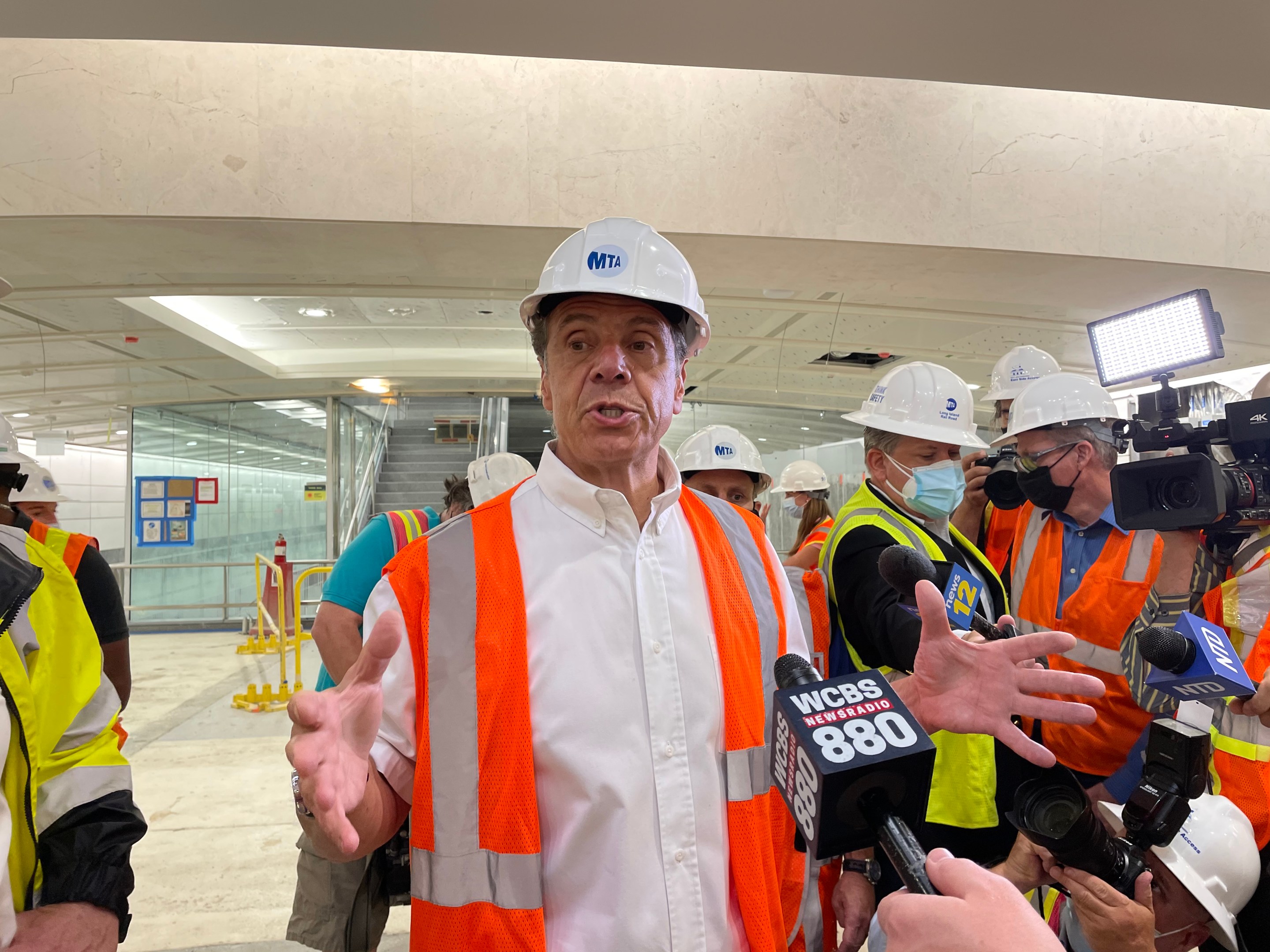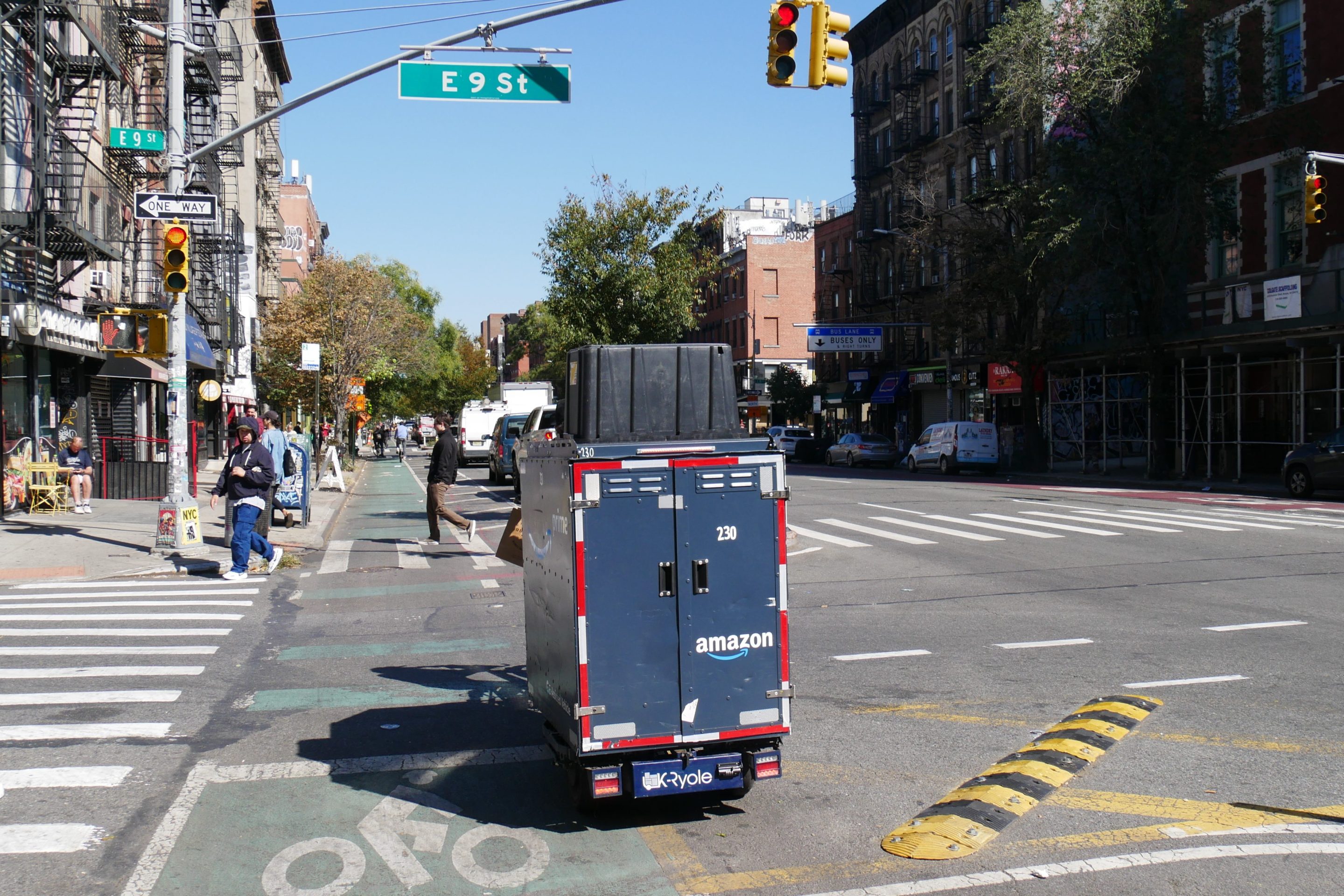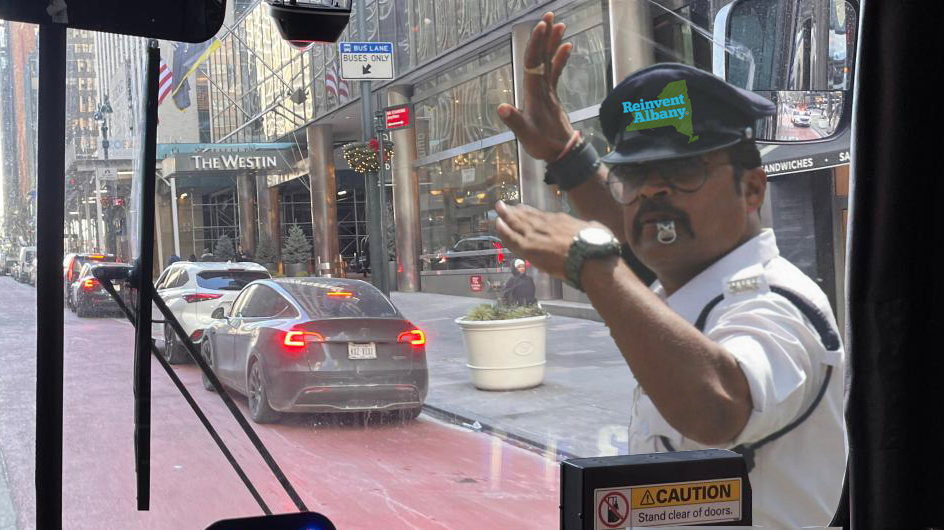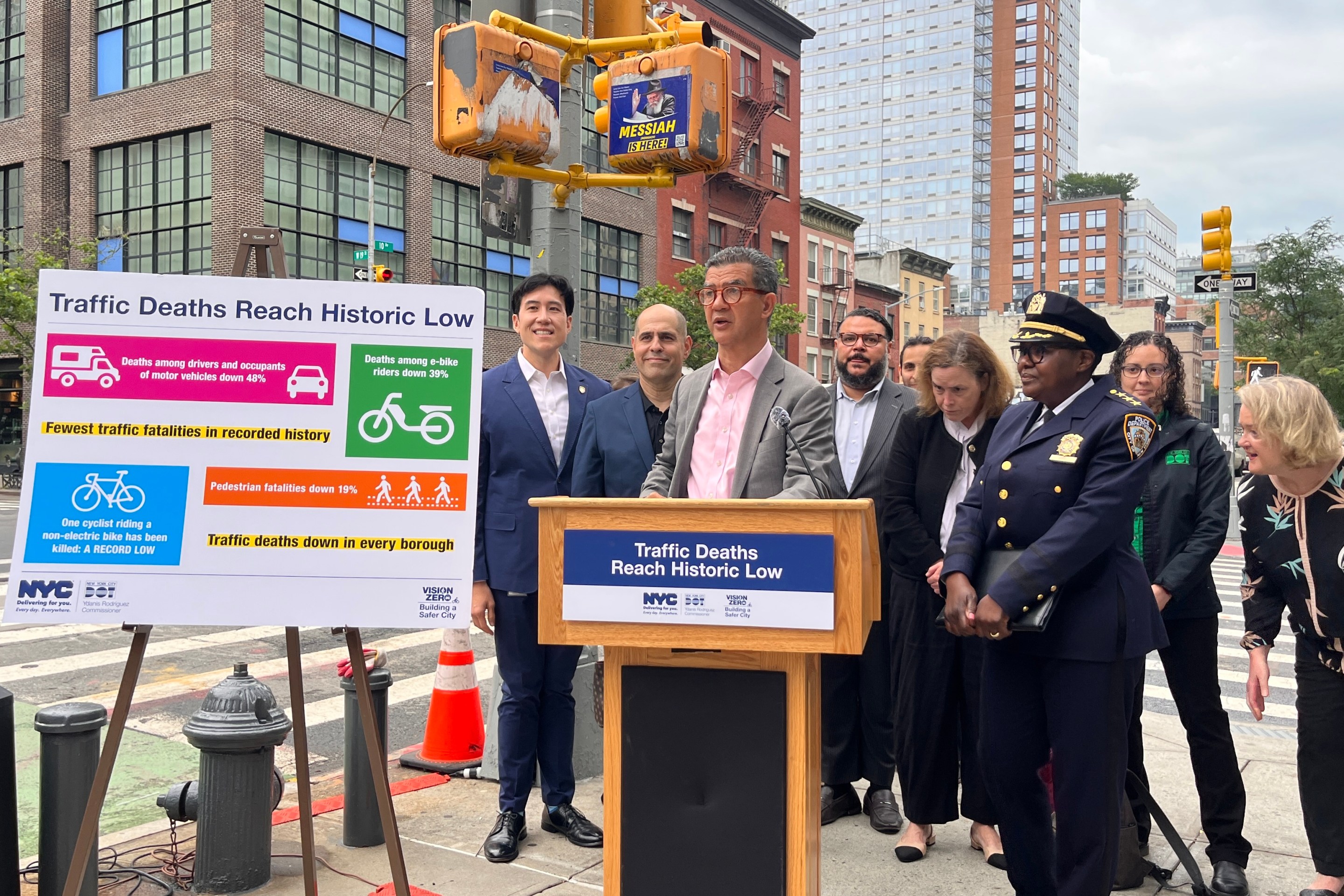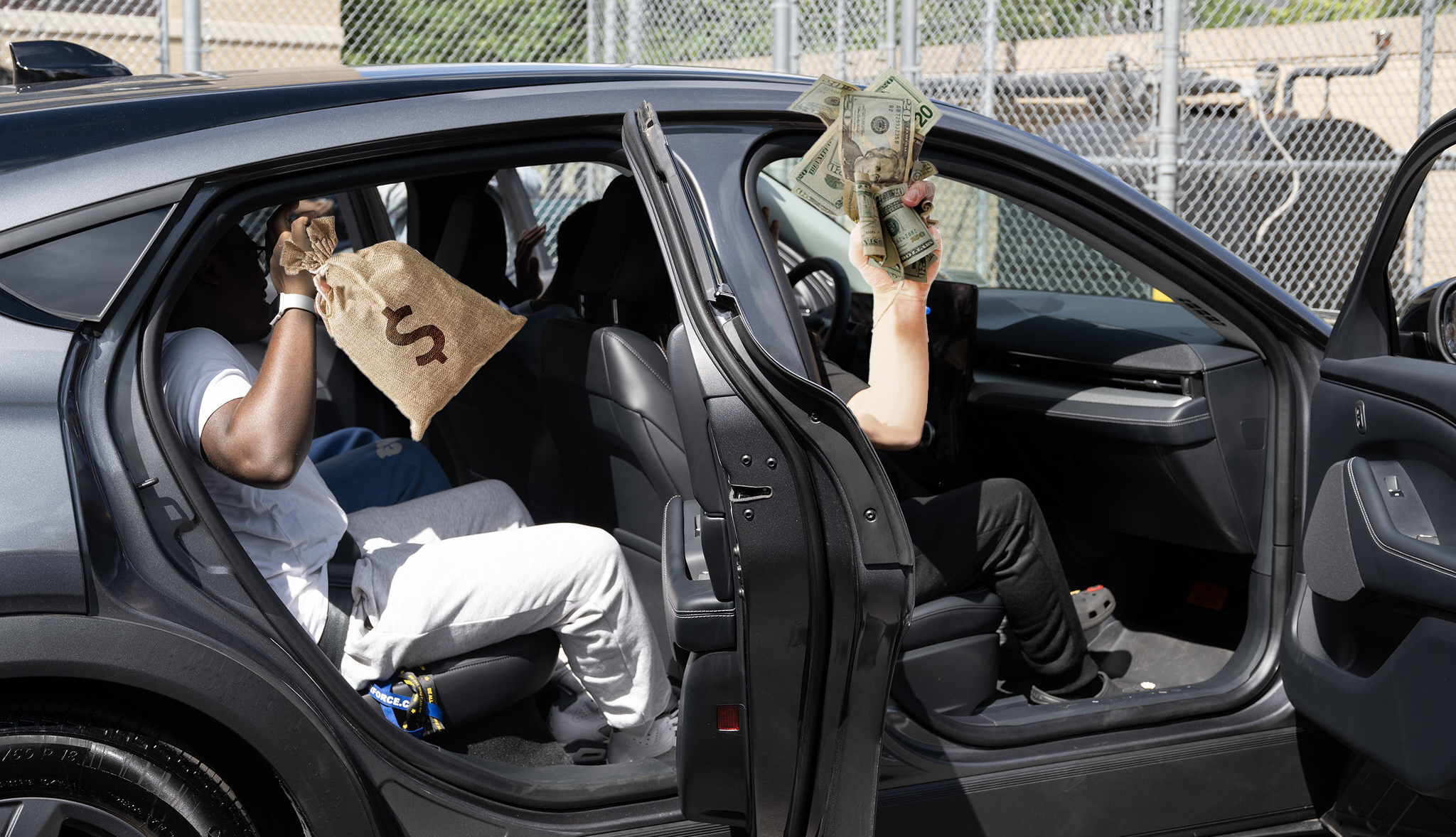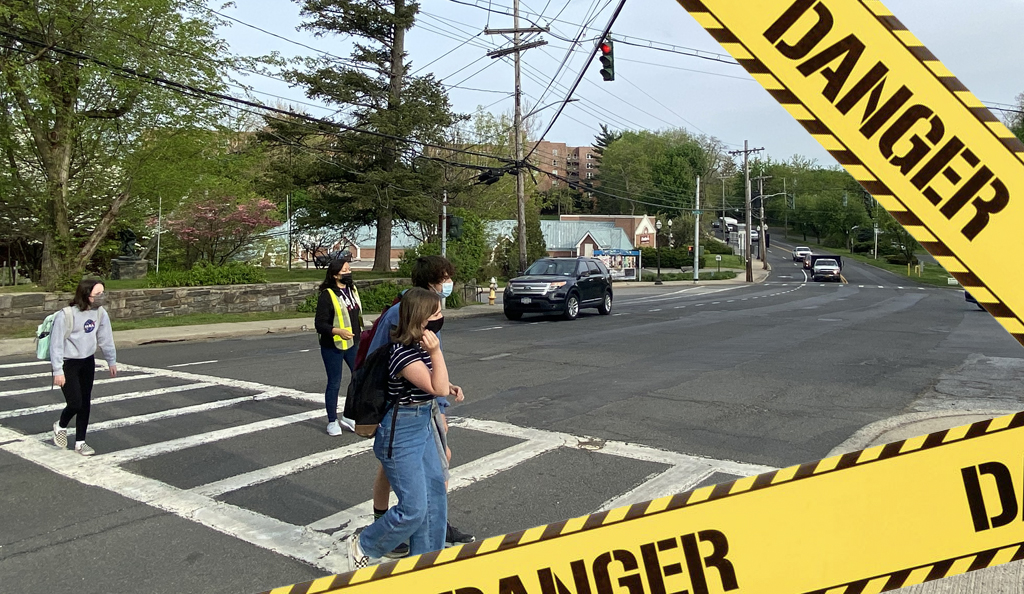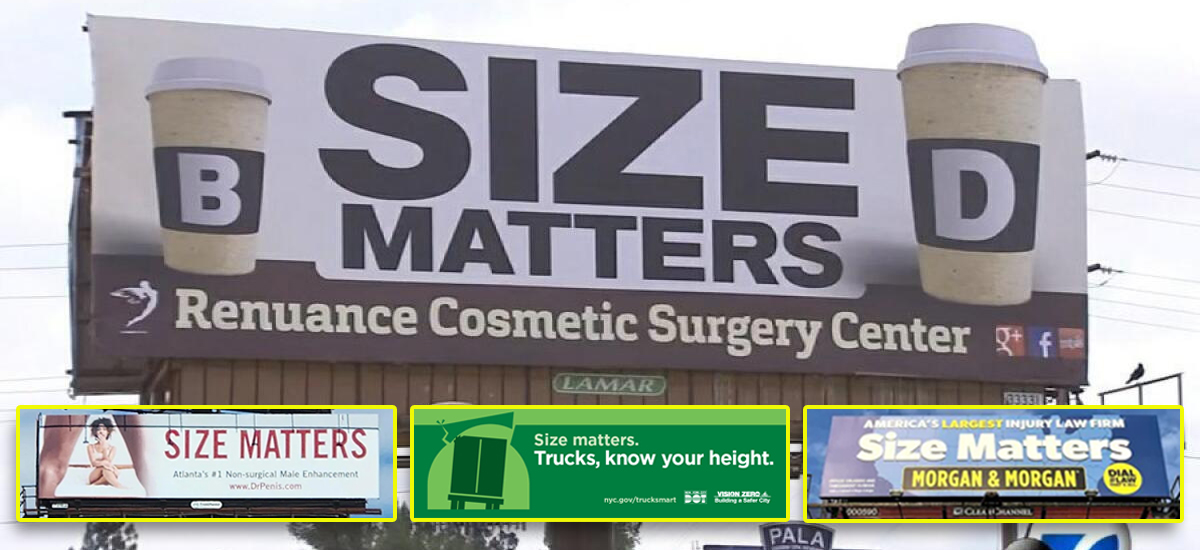They're hoping to avoid a golden anniversary.
Transit and transparency activists want legislators to finally overturn Executive Order 168, an edict that Gov. Cuomo issued in 2017 that declared the subway system an official disaster area, and has renewed every month for 49 consecutive months.
In the waning hours of the 2021 legislative session, activists are hoping that the Assembly and State Senate will vote to overturn the Cuomo order in a simple majority vote. If it's not overturned, the Cuomo administration is expected to renew the order a stunning 50th time.
When the governor issued Emergency Order 168 while the notorious Summer of Hell was in full swing, the MTA was at a low ebb for service and reliability. But even then, transparency watchdogs and good government types cried foul about the order.
In fact, this isn't even the first news story written about the allegedly temporary, emergency edict. Former Assembly Member Richard Brodsky lobbed grenades at it from his perch in academia, telling Politico that Gov. Cuomo had "no legal authority to issue an executive order over the MTA. It’s flat-out illegal and it’s also dopey." He also called the governor a neglectful steward of the transit agency.
But so much has changed since then. No sorry, nothing has changed.
In 2019, The City's ace transit reporter Jose Martinez documented activists' frustrations with the EO getting renewed for a then 22nd consecutive month. At that point, more than $300 million in contracts to outside companies had been approved without any Board oversight. Some were related to emergency subway repairs, but others were not, such as the MTA's Genius challenge or the development of the MTA's Trip Planner app.
Even if there was a precipitous drop in service that required an emergency declaration, watchdogs say that lurching from one disaster declaration to the next is just no way to run a railroad.
"Do we need emergency orders to keep our system in a state of good repair?" asked Reinvent Albany Senior Research Analyst Rachael Fauss. "No. This is what capital programs are for. Do the investments, get the track work done. We need a thoughtful, methodical approach to keeping our system up to date, and that's what capital programs for."
At this point, the EO hasn't even been used to skip the normal procurement process, thanks in part to the fact that the Subway Action Plan (a stunning success), ended in 2019. But Cuomo seems intent on continuing to keep the subway system declared a disaster area. It's hard to say why, but Fauss had one theory that rhymed with Glenn Nation.
"The only plausible reason for the continued renewal of this order is because it cites Penn Station as a disaster. Maybe this is something that they want to have in their back pocket for [Empire Station Complex]. But nonetheless, is Penn Station not a fun place be? Sure. Is it a disaster? That's a whole other story in terms of you can justify it as an actual disaster," she said.
Surely though, the Empire Station Complex project, mired in the politics of eminent domain, questionable transit benefits and even cross-state beef around the Gateway Project, couldn't possibly need any kind of secret interventions that allow for massive government contracts to be signed without public notification or approval, could it?
Hence the pressure to scrap the executive order before legislators abandon the Capitol after the June 10 close of session. If not to avoid any more secret contract awards, Fauss argued that the governor is not someone who can allowed to keep the authority in a state of emergency, given that he singlehandedly withheld half a billion dollars from the MTA and, this week, attempted to sneak in a split of the agency executive that would make it so the CEO reports only to him.
"The danger here in not overturning this is it leaves us as being under a constant state of emergency and not following kind of the regular rule of law where things are presumed to be done in a more transparent open way. And it gets at an erosion of basic democratic norms. It may sound slightly hyperbolic to say things like, 'erosion of democratic norms,' but with the way things have been going with our state, I don't think that's hyperbolic," she said.
Majority Leader Andrew Stewart-Cousins and Speaker Carl Heastie did not respond to a request for comment.
